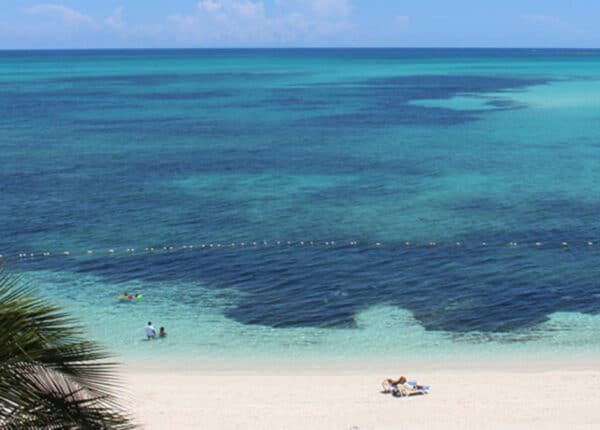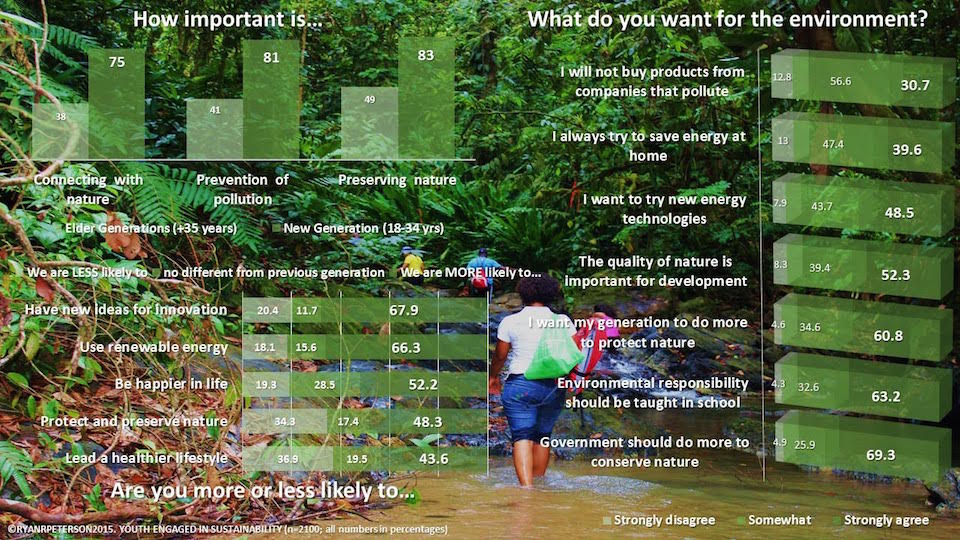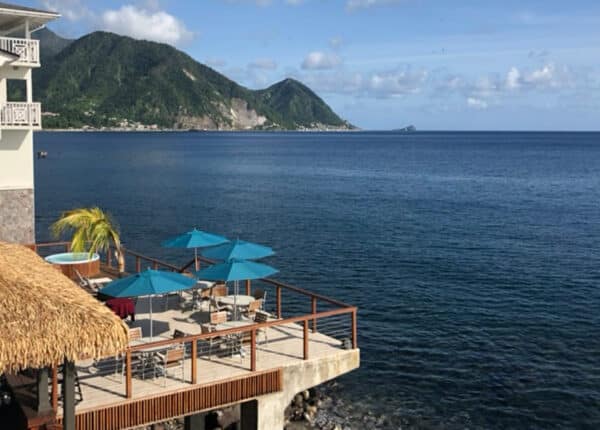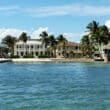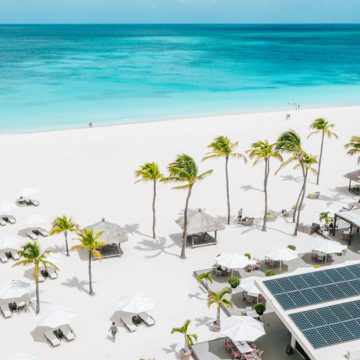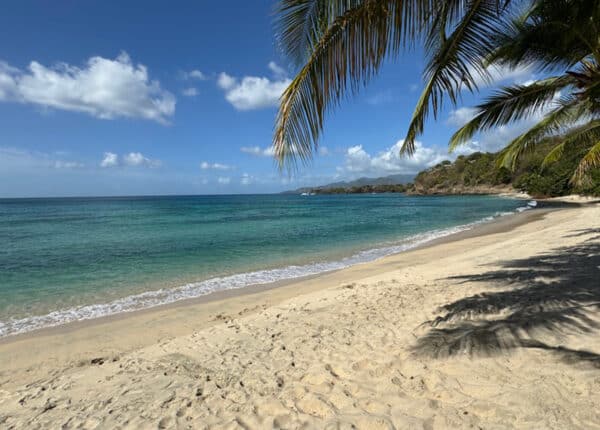By Ryan Peterson
CJ Contributor
No, we are not talking about climate change and the disruptive effects of increased temperatures, sea level rise, coastal erosion, ocean pollution and acidification, nor the loss of biodiversity, water scarcity, and the increased frequency of extreme weather events.
We are not referring to the fact that only 20 percent of the Caribbean ocean ecosystem is in a healthy state. Or for that matter, that close to 80 percent of Caribbean beaches and coastal zones are eroding at an increasingly rapid rate – between 1 to 7 metres – a year, costing the Caribbean up to a US$ 1 billion annually, and putting the lives and livelihoods of well over 70 percent of our community at risk. No, that would be too much of an ‘inconvenience’ to acknowledge and act upon, especially for a previous generation of institutions that set out to ‘exclusively develop’ the Caribbean.
Equally ‘inconvenient’ may be the rise of a new generation – for they question and challenge this status quo of traditional institutional regimes – that understands that Caribbean development cannot be disconnected from the qualities of ocean ecologies and island communities. A new generation of youthful institutions that are inspiring and changing the climate of development across the Caribbean.
Indeed, going beyond climate change in the Caribbean.
Recent evidence based emerging from the Caribbean indicates that compared to previous generations, well over 75 percent of the youth and young professionals – aged between 18 and 29 years across small Caribbean states – consider connecting with, and protecting the environment as one of their core principles in life. This is a fundamental shift away from previous generations in the Caribbean that placed less emphasis on ecological values, and more emphasis on economic values of wealth and power.
This new generation indicates that they are more likely to have innovative ideas for sustainability (67 percent), and are more likely to use renewable energy (66 percent), in addition to being more likely to protect and preserve the natural environment (48 percent). Diverging from previous generations, these youthful innovators are actively exploring and creating opportunities for social entrepreneurship, eco-entrepreneurship, and the socio-technical innovation in ecological, environmental and energy services (20 percent).
Looking towards the future, this new generation of youthful institutions indicates that environmental quality is essential for sustainable development (52 percent), and view this as a core responsibility of public institutions, including government (69 percent) and education (63 percent). Regarding industry and commerce, one third (30 percent) indicate that they will not do business with environmentally irresponsible companies.
With almost 50 percent wanting to try new energy efficiency technologies, and 60 percent indicating that they want their generation to do more to preserve our natural habitats, what we are witnessing here is a tipping point in Caribbean development beyond a change of climate.
It is an ‘institutional shift’ and transformation of values and principles underlying the inclusive, socio-ecological development of the Caribbean towards leading from an emerging future, rather than an extractive past. A leadership transformation that is only just emerging, and worth further investigation.
Currently the Caribbean Institute for Leadership Studies (CILS) is conducting a regional study on transformative leadership and its contribution to future development of the Caribbean. (for information and participation see: https://www.surveymonkey.com/r/CaribbeanInvestigationonLeadershipInnovation)
Yes, what we are talking about is ‘climate change’ from within, and the disruptive dexterity of a new generation for Caribbean innovation and development. To paraphrase Bob Marley: yes, in this generation we forward…transformatively!
Ryan Peterson, PhD is Professor of Innovation & Sustainable Islands at the University of Aruba, and policy advisor on Caribbean innovation and island sustainability. He can be reached at ryan.peterson@ua.aw.
